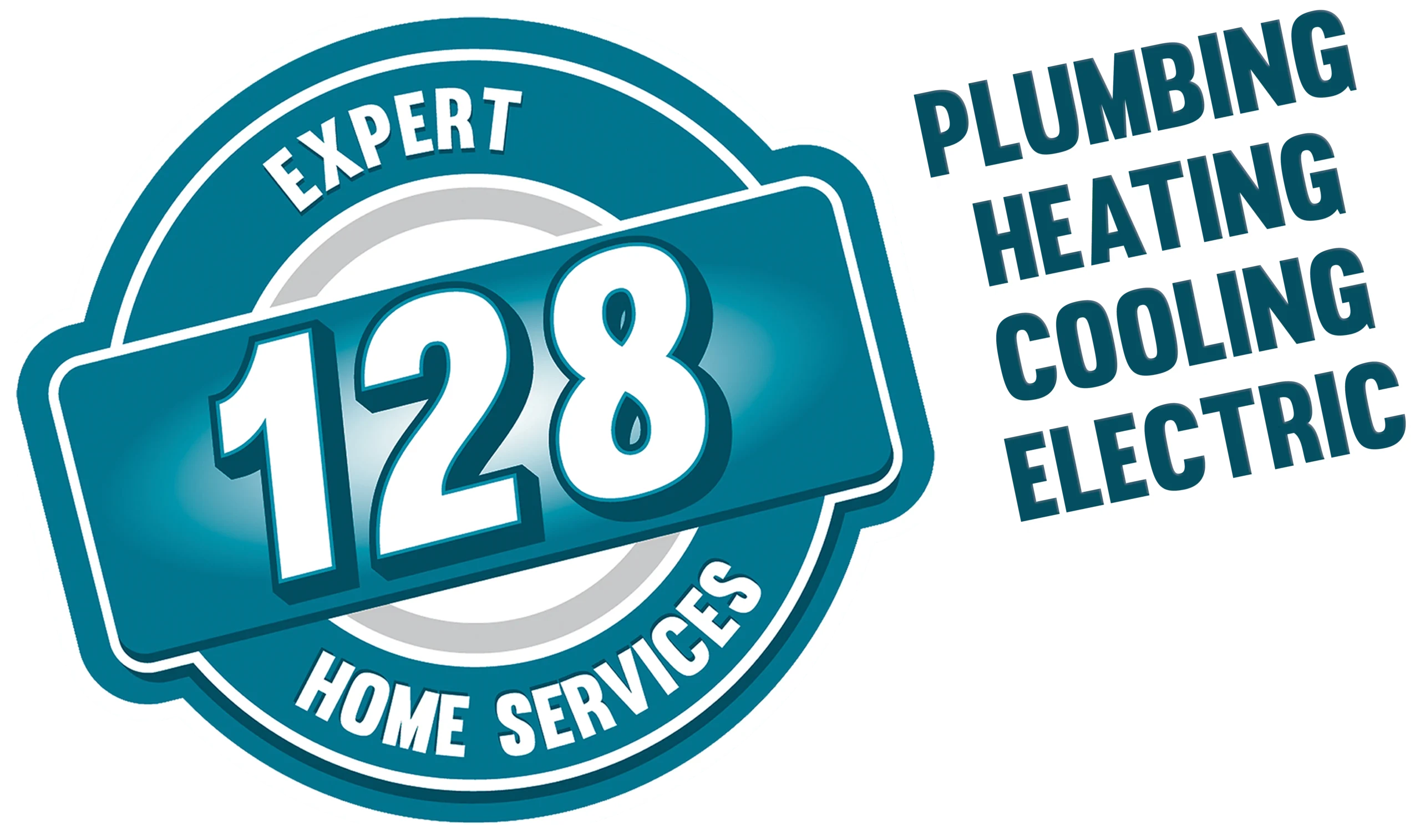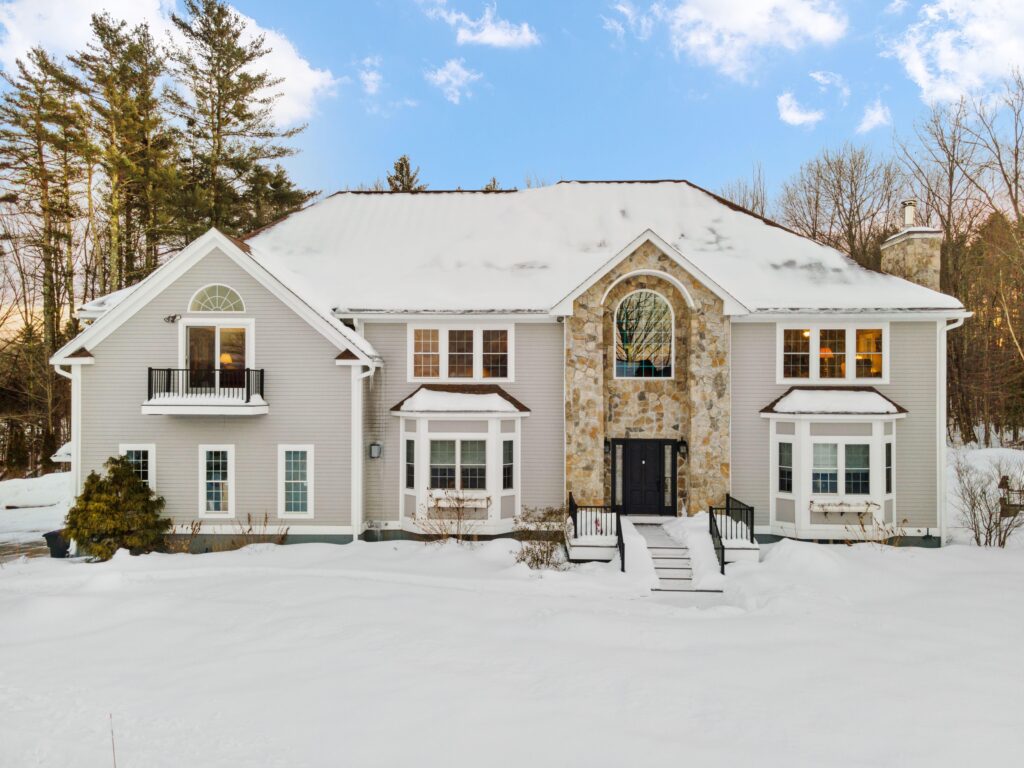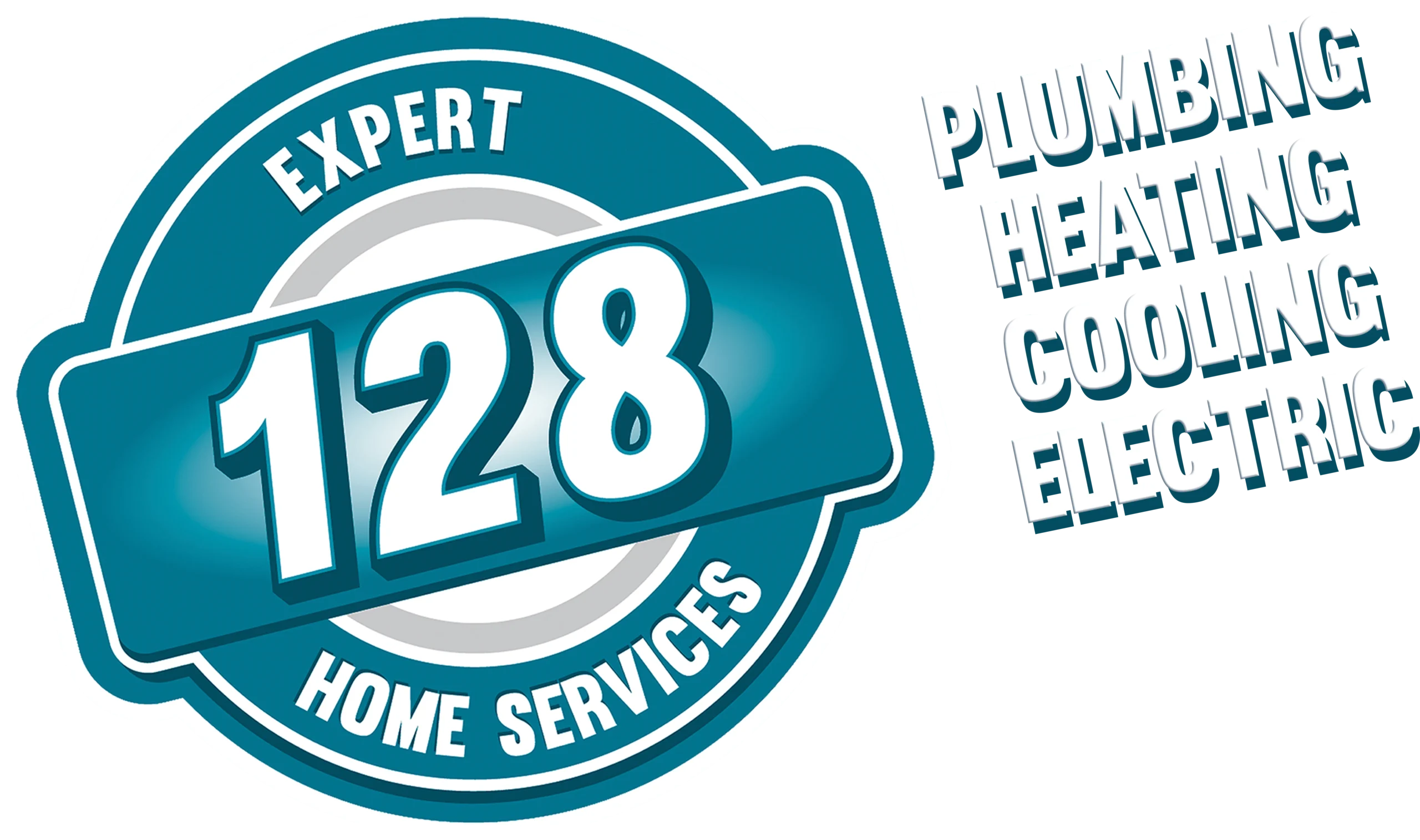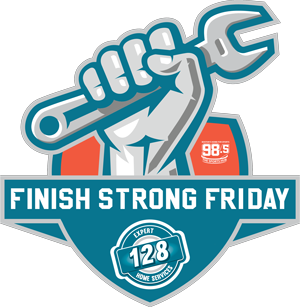Have you ever found yourself shivering under a blanket or cranking up the thermostat to no avail? It’s a frustrating situation that plagues many homeowners, but don’t worry, we’ve got you covered. In this comprehensive guide, we’ll explore the 20 most common heating problems and solutions, so you can keep your New England home warm and cozy all winter long. From insufficient heat production to noisy furnace operation, we’ll help you identify and address these issues before they escalate, ensuring optimal performance and efficiency for your heating system.
Key Takeaways
- Understand common heating system issues and take proactive steps to address them.
- Professional maintenance, insulation and sealing can help reduce energy costs & improve efficiency.
- Choose an experienced, certified service provider for quality repairs & maintenance services like those offered by 128 Plumbing, Heating, Cooling, & Electric.
Understanding Heating System Issues
Heating system problems can be a homeowner’s nightmare, but understanding common issues and their causes can help you take proactive measures to address them. Whether you have a furnace or heat pump, some of the most common heating issues include insufficient heat production, inconsistent room temperatures, and high energy bills.
Don’t let these problems interrupt your comfort – read on to learn more about their causes and how to resolve them.
Problem: Insufficient Heat Production
There’s nothing worse than feeling cold air blowing from your heating system when you need warmth the most. Inadequate heat production is a common issue, and it can be caused by various factors, such as:
- Dirty filters
- Blocked vents
- Malfunctioning thermostats
- Cracked secondary heat exchanger
This issue can be prevented with routine maintenance and inspection. Cleaning dirty furnace filters, for example, can help ensure that your heating system runs smoothly and efficiently. Additionally, addressing any thermostat issues or replacing damaged components can significantly improve heat production and keep your home cozy and warm.
Problem: Inconsistent Room Temperatures
Do you ever feel like your home has hot and cold spots, or that some rooms just never seem to reach a comfortable temperature? Inconsistent room temperatures can result from poor insulation, unbalanced HVAC systems, or faulty ductwork. These issues can make it difficult to maintain a consistent temperature throughout your home, leading to discomfort and frustration.
With the right maintenance and the help of professionals, these issues can be resolved, restoring balance to your home’s temperature. Some tips for maintaining your heating system include:
- Cleaning dirty air filters regularly
- Addressing any pilot light issues in a gas furnace
- Checking for any leaks or cracks in the system
- Ensuring proper insulation in your home
- Scheduling regular maintenance checks with a professional
By following these tips, you can help ensure that your heating system works efficiently and provides consistent warmth to every room in your home.
Problem: High Energy Bills
No one wants to be surprised by a sky-high energy bill, but it’s an unfortunate reality for many homeowners dealing with inefficient heating systems. Drafts and air leaks around doors and windows, colder than normal temperatures, and issues with your heating system that affect its ability to circulate air may all contribute to higher energy bills.
You can reduce your energy costs through routine maintenance and adhering to energy-saving practices. Here are some effective methods for reducing energy costs.
- Installing a heat pump in conjunction with a smart AC controller to automate your home climate and lead to savings on energy bills.
- Implementing regular system checkups to ensure your HVAC system is running efficiently.
- Ensuring proper insulation and sealing to prevent air leaks and maintain a consistent temperature.
- Replacing air filters regularly to improve air quality and maintain the efficiency of your HVAC system.
Troubleshooting Common Furnace Problems
Furnaces are a reliable source of heat for many homes, but they can also experience their fair share of issues. Troubleshooting common furnace problems such as ignition failure, noisy operation, and overheating can help homeowners identify and address issues before they become severe.
Problem: Furnace Ignition Failure
Furnace ignition failure is a frustrating issue that can leave you shivering in a cold home. This problem can be caused by faulty ignitors, dirty sensors, or electrical issues. When your furnace can’t ignite, it’s unable to produce heat, leaving your home without the warmth it needs.
Furnace ignition failure issues can be resolved with routine maintenance and the help of professionals. By replacing malfunctioning ignitions that need to be replaced, cleaning soiled sensors, and resolving electrical issues, you can restore your furnace’s ability to ignite and produce heat.
Problem: Noisy Furnace Operation
A noisy furnace can be more than just an annoyance – it could signal a more significant problem. Noisy furnace operation may result from loose components, worn belts, or motor issues. These problems can cause your furnace to operate inefficiently or even lead to more severe issues if left unchecked.
Routine maintenance and professional help are effective in identifying and fixing the cause of the noise. By tightening loose components, replacing worn belts, and addressing motor issues, you can restore your furnace to quiet, efficient operation.
Problem: Furnace Overheating
Furnace overheating can be a dangerous issue that requires immediate attention. This problem can be caused by dirty filters, blocked vents, or malfunctioning safety switches. Overheating can damage your furnace and even pose a threat to your home and family if left unaddressed.
Overheating issues in your forced air furnace or air handler can be prevented and resolved with routine maintenance and professional help. By cleaning dirty filters, ensuring proper airflow through vents, and addressing any safety switch issues, you can keep your furnace running safely and efficiently.
Heat Pump Issues and Solutions
Heat pumps are celebrated for their high efficiency, often serving as both heating and cooling units in homes, which can lead to significant energy savings. However, like any complex system, they can encounter issues such as reduced efficiency due to dirty filters or coils, system leaks, or mechanical failures. While often less frequent, issues are still possible, and these problems can compromise their performance and longevity.
This is where our 128 Plumbing, Heating, Cooling & Electric technicians can step in steps in to provide crucial support from installation to routine heat pump maintenance. Our experts can diagnose and resolve any problems, ensuring that your heat pump operates at peak efficiency. Here are a few of the heating problems that may arise for heat pumps specifically.
Problem: Heat Pump Not Heating Properly
A heat pump that isn’t heating properly can leave you feeling chilly and frustrated. This issue can be caused by low refrigerant levels, dirty coils, or faulty components. When your heat pump isn’t able to produce enough heat, it’s unable to keep your home at a comfortable temperature.
Routine maintenance and the help of professionals like our technicians can resolve issues with your heat pump not heating properly. By addressing low refrigerant levels, cleaning dirty coils, and fixing faulty components, you can restore your heat pump’s ability to heat your home efficiently.
Problem: Heat Pump Running Constantly
A heat pump that runs constantly can be a sign of an underlying issue, such as thermostat problems, poor insulation, or an undersized unit. When your heat pump is always running, it can lead to higher energy bills and increased wear and tear on the system.
Routine maintenance and professional help can identify and fix the cause of your heat pump running constantly. By addressing thermostat issues, ensuring proper insulation, and determining if your unit is the right size for your space, you can restore your heat pump to efficient, consistent operation.
Preventive Measures and Maintenance
Taking preventive measures and performing regular heating maintenance on your heating system can help prevent common heating problems and extend the life of your system. at 128 Plumbing, Heating, Cooling, & Electric we understand the importance of routine system checkups, appropriate insulation and sealing, and air filter replacement. By staying on top of these maintenance tasks, you can ensure your heating system runs smoothly and efficiently all year round. Our favorite part about prioritizing maintence, is that is saves you money in the long run. Routine system checkups often help identify and address potential issues before they become severe, ensuring your home stays comfortable and your energy bills remain low.
Learn more about our heating maintenance programs to help prevent potential heating problems in your New England home.
128 to Solve Your Heating Problems and More
128 is here to solve your heating problems and more, offering expert assistance, maintenance, and heating repair services to keep your home comfortable and energy efficient all year round. Whether you need help with a furnace or heat pump issue, our team of certified and experienced professionals is ready to assist you.
Trust 128 to handle all your heating needs and enjoy a warm, comfortable New England home no matter the season.


Frequently Asked Questions
Why is my heat not getting hot in house?
Check your thermostat to make sure it’s set correctly and replace any exhausted batteries. Clean parts of the furnace that are susceptible to dust and dirt, as well as the filter, which could be clogged or dirty. This can cause airflow restriction and the heat exchanger to overheat and shut off quickly, resulting in no warm air coming out.
How do you diagnose heating problems?
To diagnose heating problems, check the thermostat settings, gas supply, exhaust flue, filter, drain lines and airflow. Look for signs of rust or sludge build-up and check whether radiators are cold upstairs or downstairs.
How often should I replace my air filters?
It is recommended to replace your air filters every few months to ensure optimal air quality and keep your heating system running smoothly.
What are the benefits of regular system checkups?
Regular system checks can help identify and address potential issues before they become severe, ensuring optimal performance and efficiency for your heating system. This allows you to avoid costly repairs, improve safety, and maintain a comfortable home environment. Learn more about how 128 Plumbing, Heating, Cooling, & Electric Heating Maintenance programs can help you stay up to date on all heating maintenance for your home.



